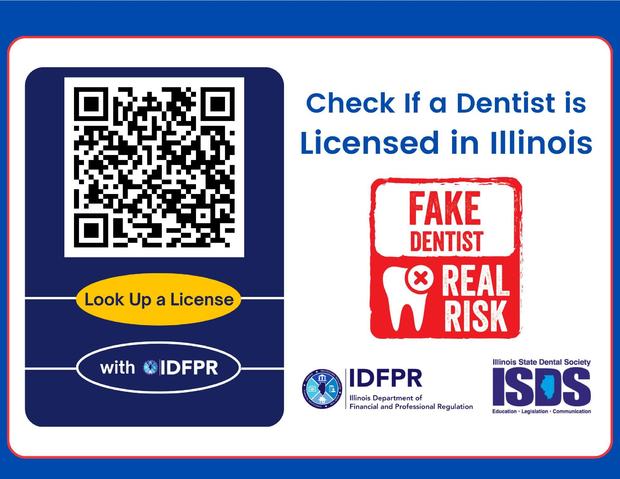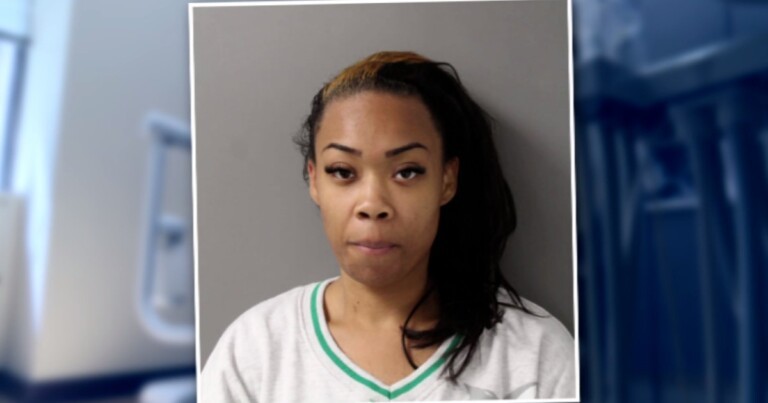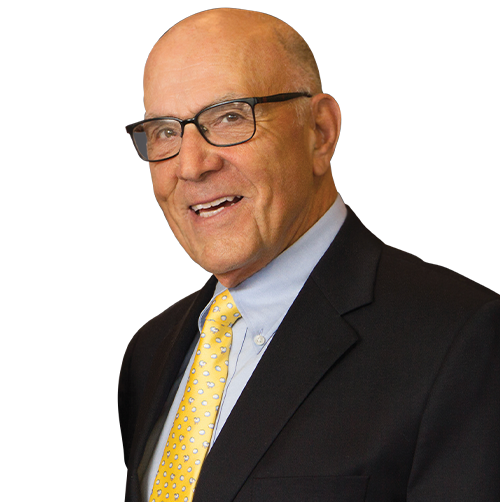The idea of a “fake dentist” sounds like a social media-fueled conspiracy theory. However, recent news indicates that this problem is very real.
A case in Illinois has highlighted the dangers of seeing an unlicensed dentist. Monica Davis, a woman who pretended to be a dentist, was arrested after several patients complained about her work. Davis’s victims reported experiencing a range of problems, including infections, nerve damage, and even tooth loss.
This case has prompted the Illinois Department of Public Health (IDPH) to launch a new campaign to raise awareness about the dangers of fake dentists. The campaign, which is titled “Fake Dentist, Real Risk,” provides tips on how to spot a fake dentist and how to verify a dentist’s license.
The arrest of Monica Davis underscores the urgent need for dental professionals to be vigilant in protecting the public from unlicensed practitioners. While this case is particularly egregious, it is important to recognize that the prevalence of fake dentists is a growing concern.

Why is it Important to Address This Issue?
- Patient Safety: Unlicensed dentists lack the necessary education, training, and oversight to provide safe and effective dental care. This can lead to serious health complications, including infections, nerve damage, and even tooth loss.
- Erosion of Public Trust: The presence of fake dentists undermines public trust in the dental profession. This can have a negative impact on the entire field.
- Legal and Ethical Implications: Practicing dentistry without a license is illegal and unethical. It can result in significant legal consequences for both the unlicensed individual and any dental professionals who may have been involved.
Why is it Important to See a Licensed Dentist?
Licensed dentists are required to complete years of education and training before they can begin practicing. This training ensures that they have the knowledge and skills necessary to provide safe and effective dental care. Fake dentists, on the other hand, may not have any formal training in dentistry. This means that they may be more likely to cause serious harm to their patients.
In addition to the dangers of improper dental care, seeing a fake dentist can also have financial consequences. Dental insurance companies typically only cover procedures performed by licensed dentists. So, if you see a fake dentist, you may be responsible for paying for the entire cost of your care out of pocket.
How to Spot a Fake Dentist
There are a number of red flags that can indicate that a dentist is fake. Here are a few things to look for:
- Unlicensed dentists may advertise their services in unconventional places, such as online classifieds or on street corners.
- Fake dentists may offer significantly lower prices than licensed dentists. This should be a red flag, as quality dental care is not cheap.
- Fake dentists may not have a clean and professional office environment.
- Fake dentists may be reluctant to provide you with their license information.

How to Verify a Dentist’s License
The best way to ensure that you are seeing a licensed dentist is to verify their license with the Illinois Department of Public Health (IDPH). You can do this by visiting the IDPH’s website or by calling their office.
In addition to verifying a dentist’s license, you can also check online reviews to see what other patients have said about their experience.
The Dangers of Fake Dentistry: A Case Study
Monica Davis is not the first person to be arrested for practicing dentistry without a license in Illinois. In 2010, another woman, Linda Wright, was sentenced to prison for her role in a dental fraud scheme. Wright and her co-conspirators ran a number of fake dental clinics that provided shoddy care to low-income patients.
These cases highlight the importance of being aware of the dangers of fake dentistry. By following the tips above, you can help protect yourself from becoming a victim.
The Illinois Department of Public Health’s “Know Before You Go” Campaign
The IDPH’s “Fake Dentist, Real Risk” campaign is a valuable resource for anyone who is looking for a dentist in Illinois. The campaign website provides information on how to find a licensed dentist, as well as tips on how to maintain good oral health.
The campaign also includes a public service announcement (PSA) that is being aired on television and radio stations across the state. The PSA features a woman who was a victim of Monica Davis. In the PSA, the woman talks about her experience and encourages viewers to be sure to see a licensed dentist.
Conclusion
The case of Monica Davis is a stark reminder of the dangers of fake dentistry. By following the tips above, you can help protect yourself from becoming a victim. The Illinois Department of Public Health’s “Fake Dentist, Real Risk” campaign is a valuable resource for anyone who is looking for a dentist in Illinois.




